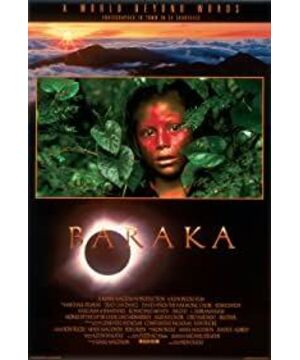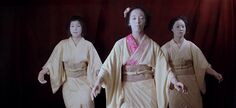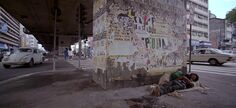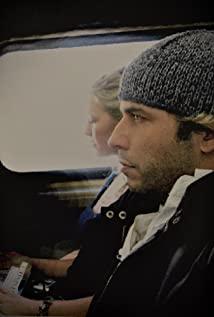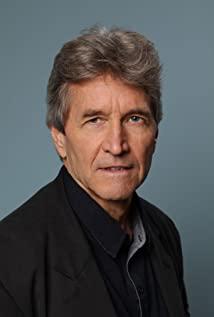I had a lot of associations while watching it. What you see is what this documentary is.
First of all, I gave a close-up of the monkey's face. I was thinking, this kind of animal is like a human being, why are we "human"? Why do so many animals have two eyes, one nose and four limbs?
Many people who appear in religious and sacrificial-related scenes have very divine eyes.
Grand Central Station in New York reminds me of ON, the return of bts in February. The brown rocks and waterfalls in a certain park remind me of cakes. After watching the movie, I ran to buy them and eat them.
Looking at the sacrifices of other races, I think things that are self-evident, such as science, equality, enterprising morality... It doesn't seem to be necessarily, I don't know what the world of people with faith is like. It is better to be a little more respectful, tolerant, humble and patient.
Traffic flows in all the bustling places in New York and Tokyo, and the sun rises and the moon sets in just a moment; the expressions of the crowd are ignorant. When I take the subway or the bus, do I not know what I am doing?
When I went to Tiananmen Square, the feelings at that time were different from those expressed in the documentary; the Angkor Wat I saw from the coser's finished film was also different from that expressed in the documentary. Music is oriented, Tiananmen Square and Angkor Wat are put together, it becomes very religious and mysterious.
I don't know what the tramp is thinking, whether he is worried about tomorrow. I only saw that they were sleeping soundly on the ground wrapped in blankets. I often couldn't sleep with the soft pillows on the high bed.
The East and the West are very different, why are the images of mythical characters so different? Some temples are resplendent and brilliant, while others are simple and solemn.
I like the diversity that jumps out of my cognition in the film, and I like the scenes that are attributed to the stars at the end.
View more about Baraka reviews


